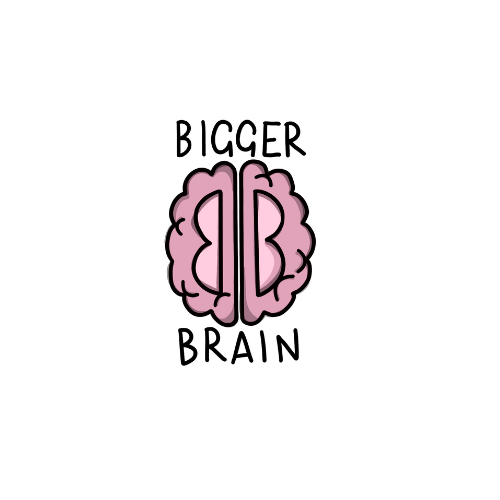Why Education Matters
The path of education is one that lasts a lifetime, beginning from the earliest days of school and extending through college and beyond. In this blog, we're diving into the realm of effective study habits and learning techniques that can make a significant difference in your educational journey. From mastering study skills at a young age to understanding why effective studying is vital, we'll explore various aspects of becoming a successful student.
Starting Good Study Habits While You're Young
The foundation for effective learning begins early. As young learners, children often possess incredible curiosity and an eagerness to explore the world around them. Encouraging and nurturing this natural curiosity is key. Parents and educators play a vital role by creating a conducive environment for learning, filled with books, puzzles, and interactive activities.
How Effective Studying Leads to Success
Whether you're a student navigating your way through elementary school, high school, or college, the ability to study efficiently can significantly impact your performance. Here's why it matters:
- Retention and Understanding
Studying isn't just about memorizing facts; it's about understanding the material. Effective study methods, such as creating concept maps and diagrams, allow you to visualize complex ideas. When you truly understand the subject matter, you're better equipped to apply your knowledge to different situations.
- Problem-Solving Skills
Now that you have a foundation on how to absorb information, you’ll need to develop problem-solving skills. Effective studying involves formulating questions and problems that challenge your understanding. By solving these self-created puzzles, you're enhancing your critical thinking abilities.
- Self-Assessment
Testing yourself is an integral part of learning. It helps you gauge your progress and identify areas that need improvement. Whether through quizzes, flashcards, or review questions, self-assessment ensures that you're actively engaged with the material and ready for examinations.
Why People Fail in Higher Education
Higher education comes with its own set of challenges. Many students struggle, and unfortunately, some may even fail to achieve their academic goals. Let's explore three common reasons why this happens:
- Lack of Effective Study Techniques
Transitioning from high school to college can be overwhelming. Many students continue with the same study habits that worked in high school but quickly discover that they're insufficient for the rigor of college-level courses. Without effective study techniques, keeping up with the coursework becomes a daunting task.
- Poor Time Management
College life often introduces newfound freedom and independence. However, this newfound freedom can also lead to poor time management if not properly harnessed. Balancing academic responsibilities, extracurricular activities, and personal life can be challenging.
- Loss of Motivation
Over time, the initial enthusiasm for learning can dwindle. As coursework becomes more demanding, students may lose motivation. Without a clear sense of purpose and passion for their studies, it's easy to become disengaged and less committed to academic success.
Staying Motivated and Passionate About Your Education Goals
Maintaining motivation and passion throughout your educational journey is crucial. Here are some tips to help you stay inspired:
- Set Clear Goals: Define your academic and personal goals. Having a clear vision of what you want to achieve can keep you motivated.
- Seek Support: Don't be afraid to reach out to professors and peers for assistance when needed. Utilize your access to professors by attending office hours or seeking clarification on challenging topics.
- Stay Organized: Effective time management and organization can help reduce stress and keep you on track.
- Celebrate Small Wins: Acknowledge your accomplishments, no matter how small. Celebrating your successes can boost your morale.
- Remember Your Why: Reflect on why you started your educational journey in the first place. Reconnecting with your purpose can reignite your passion for learning.
Becoming a successful student is a lifelong journey that begins in childhood and continues through higher education. Building strong study habits from an early age, grasping the significance of effective learning, navigating common challenges, and maintaining your motivation are pivotal steps in preparing for triumph within the realm of education. Once you can recognize that education is the cornerstone you’ll be able to construct a more sustainable and promising future for ourselves and generations to come.

